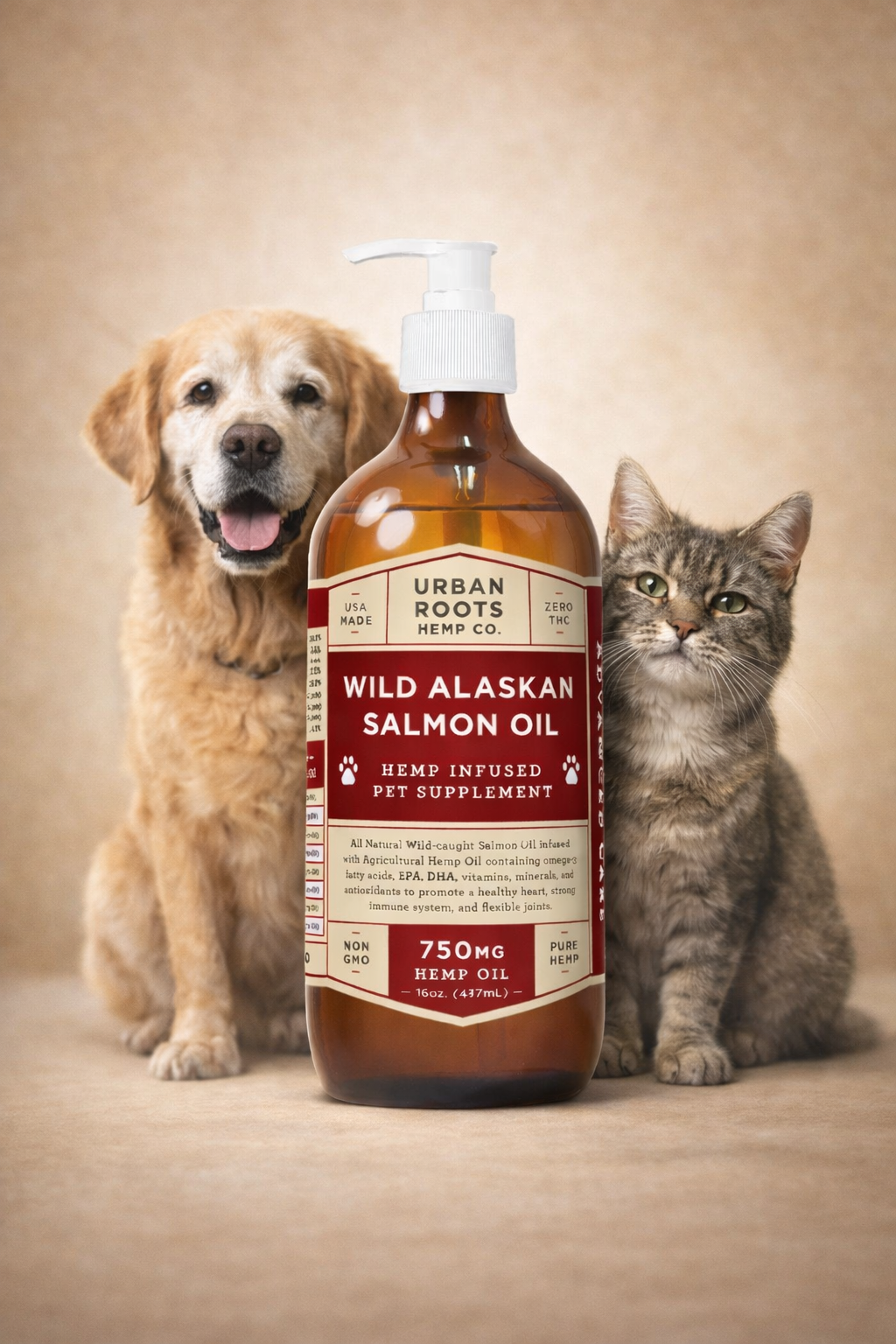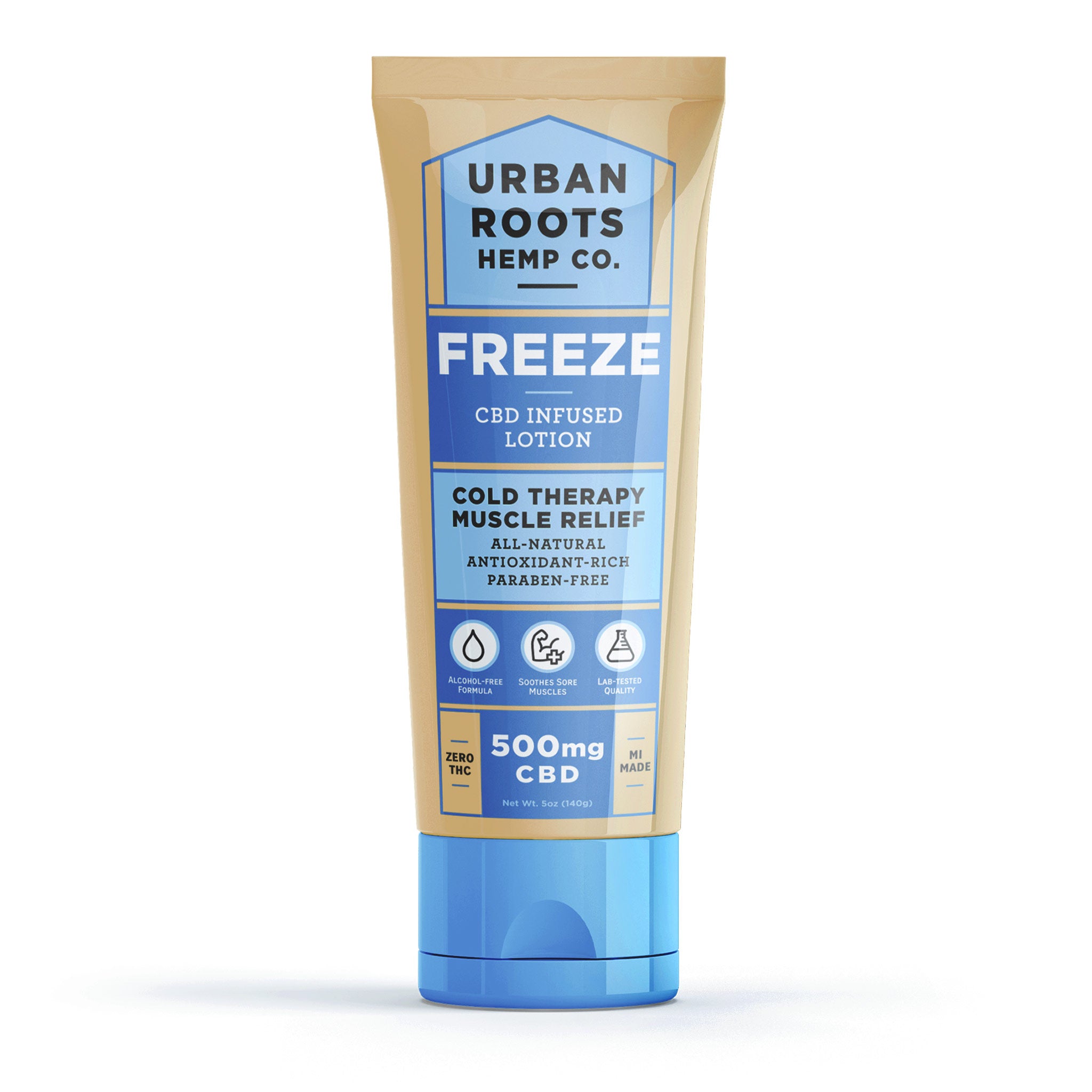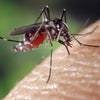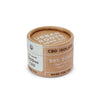Can CBD Be Used as an Antibiotic?


As of 2019, CBD is in the midst of being researched for its potential as a pain killer, anti-inflammatory, anxiety medication, depression treatment, insomnia remedy, anti-seizure drug, and the list goes on and on. We are still largely in the beginning stages, however, the fact that CBD is even being looked into for such a wide array of health ailments is nothing less than exciting.
Well, it gets even better.
CBD as an Antibiotic
As if there weren’t enough potential applications for this substance, medical researchers are also beginning to look into CBD for its possible anti-infection and antibiotic properties. There’s been at least one major study undertaken, which we will discuss in a moment, testing the efficacy of CBD as an antibiotic medication.
What is especially exciting and hopeful about this potential development is the fact that we are starting to have some trouble with conventional antibiotics. After their development about 100 years ago, and beginning with their widespread civilian use in the 1940s, antibiotics were really something of a miracle.
Whereas before their introduction even a small cut could turn out to be fatal, after their development, the small microbes that constantly seek to invade our bodies became somewhat of a trivial danger.
Since the 1940s, antibiotics have greatly reduced illness and death from infectious diseases. However, their seemingly miraculous effectiveness has also meant that we use them more and more often. And the more we use them, the more germs and bacteria evolve and develop survival strategies to overcome them. It has even gotten to the point where the World Health Organization called bacterial resistance to antibiotics a “global health crisis” back in 2015.
It’s easy to imagine; you get sick due to some bacterial infection and you get prescribed an antibiotic and take it in order to kill the bacteria making you feel bad. The antibiotic does its job. Mostly. It kills enough of the weakest bacteria in order for your body to fight off the rest and for you to feel better.
However, the stronger, more resistant bacteria are not killed, but survive and reproduce. Think of it as evolution unfolding right before your eyes, or under a microscope at least.
The weaker forms of the bacteria are slowly killed off, while the stronger forms survive and reproduce. This means that over time, certain types of bacteria and bacterial infections become increasingly resistant to antibiotics as the susceptible ones all die off.
New Antibiotics
So what’s a solution to harmful microorganisms becoming more and more able to overcome medications like penicillin? Find other antibiotics that are effective at killing the bacteria, but to which those bacteria don’t have any resistance.
This brings us back to why CBD as an antibiotic is such an exciting prospect.
A recent study done in Australia on the efficacy of CBD as an antibiotic found that it is "remarkably effective" at killing bacteria, at least in a test tube. The results showed that CBD had antibiotic effects against a number of so-called Gram-positive bacteria, including types of staph and strep bacteria, as well as strains that had become resistant to other antibiotic drugs.
The main author of the study, Mark Blaskovich, of the University of Queensland’s Institute for Molecular Bioscience's Centre for Superbug Solutions in Brisbane, Australia had this to say: "We still don't know how it works, and it may have a unique mechanism of action given it works against bacteria that have become resistant to other antibiotics, but we still don't know how."
"So far, we have only shown it works topically, on the skin surface. To be really useful, it would be good if we could show that it treated systemic infections e.g. pneumonia, or complicated tissue infections, where you have to give it orally or by intravenous dosing.”
Blaskovich and his team treated a range of bacteria with CBD, including Staphylococcus aureus, Streptococcus pneumoniae, and Enterococcus faecalis — all of which can lead to diseases, infections, or both.
He reports that CBD killed all of these bacterial species. It even killed several strains that were resistant to conventional antibiotics, including the dreaded MRSA (methicillin-resistant S. aureus), a common source of serious hospital-acquired infections.
CBD and Bacterial Resistance
In addition to killing certain types of bacteria that often lead to infection, the results also showed that CBD didn’t seem to induce antibiotic resistance in the bacteria tested. In fact, the bacteria in question did not become resistant to the drug after being exposed for 20 days: the period that many bacteria can survive when exposed to some currently used drugs.
Brandon Novy, a microbiology researcher at Reed College in Portland, OR, looked at the study as extremely promising since the results demonstrated that the CBD inhibited the bacteria from forming a biofilm. The biofilm plays an important role both in how the bacteria are able to attach to the surface of a host (i.e. you) and also in the resistance of bacteria to antibiotics.
CBD as an Antibiotic: What We Know
The researchers who undertook this study also stressed that, although these results do look promising and warrant further study, they are only preliminary. You should not start replacing conventional antibiotics or go against your doctor’s recommendation and attempt to use CBD to treat bacterial infections on your own.
This initial study has shown that CBD may have potential to serve as an antibiotic of some form for certain types of infections. But what it also revealed is a lot of additional things that we don’t know.
For instance, CBD seems to kill some types of bacteria, but the researchers don’t know exactly how or why. CBD looks to be effective at combatting antibiotic-resistant bacteria, but, again, it isn’t completely clear why this is the case.
As with many areas of study for CBD, these questions are only going to be answered by further study. What’s exciting about this first study, and about what we have learned so far, is that the results were positive enough to justify looking deeper into the topic. Next up is further animal studies and, assuming the results continue to look promising, there may be human studies down the line.
Furthermore, while it’s just speculation, as CBD advocates, we cannot help but wonder if taking CBD on a daily basis could even be a simple PREVENTATIVE ACTION to keep these bacteria from harming our bodies in the first place.
Since there’s currently no reported harmful side effects of CBD, isn’t it worth seeing how CBD could benefit you and your body?









